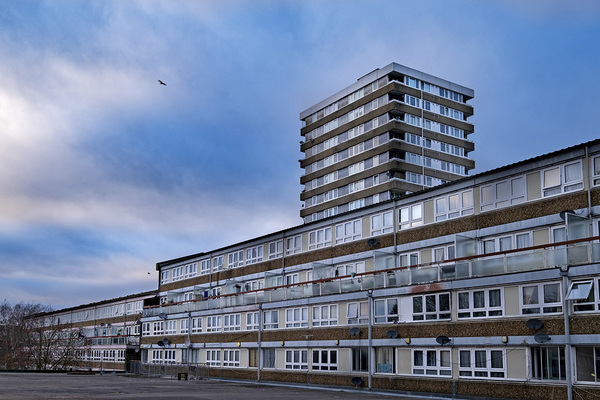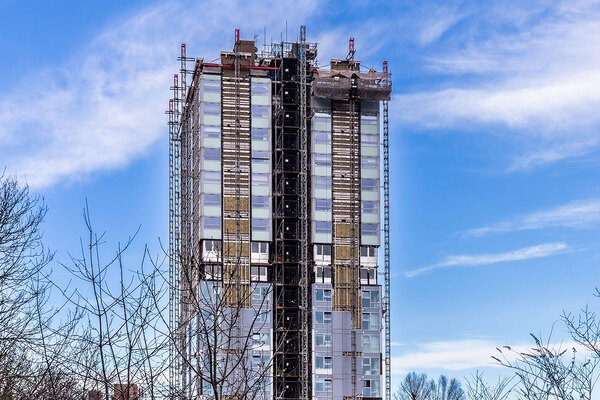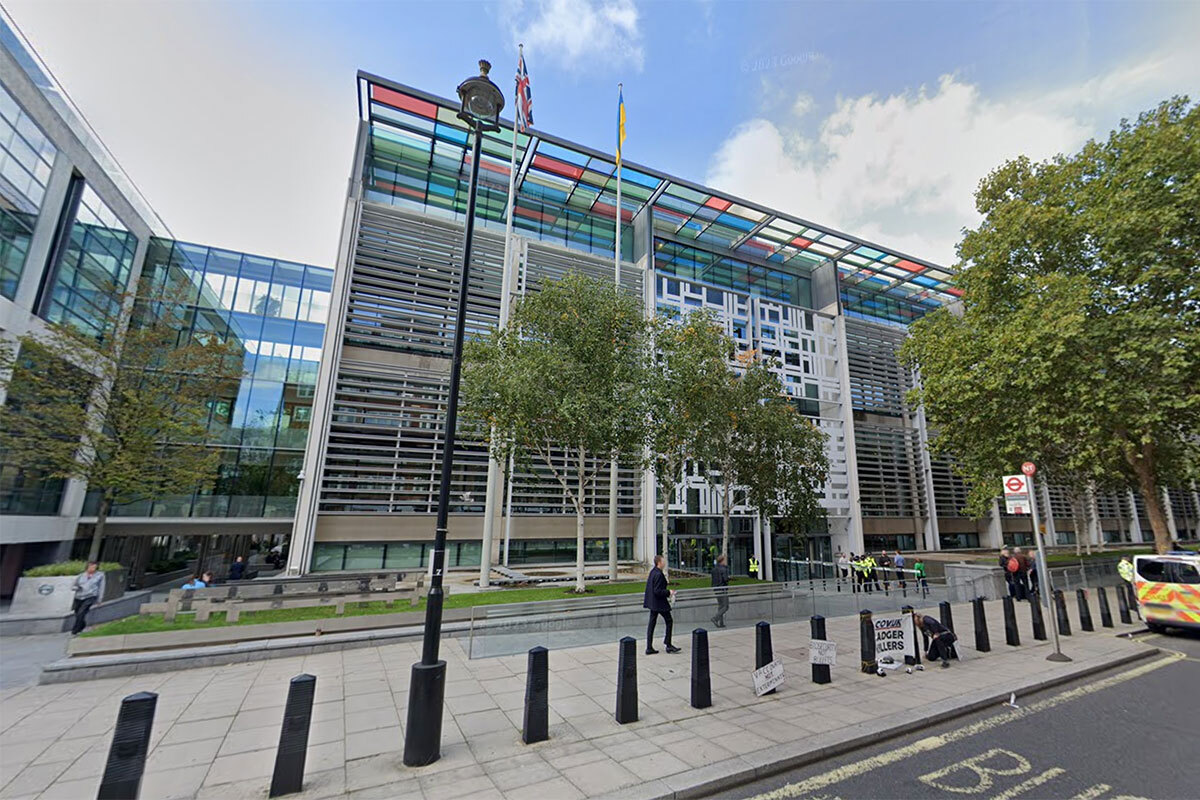You are viewing 1 of your 1 free articles
Landlord ordered to review compensation policy after resident’s complaint left unaddressed for nearly a year
The Housing Ombudsman has made a finding of severe maladministration for a landlord’s “severely protracted” complaint-handling after a resident’s complaint went unaddressed for nearly a year.

Hyde Group’s complaint-handling was often delayed, did not address a resident’s concerns and appeared to require the resident to accept compensation to close the complaint, the ombudsman said.
The initial complaint was made in respect of noise nuisance, but it was the handling of the complaint that the ombudsman found issue with.
Hyde’s stage one response was four-and-a-half months after the initial complaint, well outside the landlord’s own timescales.
When the resident escalated her complaint to stage two, the landlord took five-and-a-half months to respond to the escalation – which occurred only because the ombudsman issued it with a complaint-handling failure order.
Additionally, Hyde appeared to make its offer of compensation for delays conditional on the resident accepting that the complaint was resolved. When it presented the resident with the acceptance form, it seemed like they were expected to sign and agree the complaint was closed.
The landlord’s compensation offer at stage one was £50. However, with the noise issues still ongoing and the compensation offer not even addressing that as part of its offer, this was increased to £150 at stage two.
The ombudsman ordered Hyde to undertake a senior management review into its compensation policies and pay the resident £450 in compensation for the failings.
It also found maladministration for how the landlord communicated with the resident throughout the case, with lengthy gaps where she had to chase for updates. In addition, there were several occasions where it failed to respond to questions and queries.
In its learning from the case, Hyde said it has improved its notification system for staff, is clearer with its compensation letters and systems and introduced a new customer relationship management system.
Richard Blakeway, the housing ombudsman, said: “While the landlord’s handling of the noise nuisance itself was broadly reasonable, the landlord’s handling of the complaint responses was very poor.
“The use of a so-called acceptance form where the resident would be paid compensation in exchange for the complaint to be closed, when it was evident the redress was inadequate and the dispute unresolved, was concerning.
“The landlord failed to recognise this approach as unfair and contributed to the lengths the resident had to go to obtain a response.
“In addition, the landlord failed to learn from its errors in stage one, which were repeated at stage two, causing additional inconvenience to the resident.
Hyde’s learning statement read: “We’re sorry that our complaints-handling process was not good enough in this case and for the impact this had on our customer. As part of our continuous improvement approach, in the three years since this case was raised, we’ve made changes to the way we manage complaints, to help us to be more consistent and transparent in our communications, and to avoid situations like this happening again.
“The changes we’ve introduced include new processes to speed up response times to customers. Colleagues now receive clear notifications when tasks are assigned to them, the actions they must take and when to update customers. Our compensation approach has also been overhauled, allowing us to pay customers faster.
“We’ve also changed the wording of our responses around compensation to avoid misinterpretation, something that was highlighted in this case. To be clear, it was never our policy that paying compensation was dependent on a customer agreeing a complaint was resolved.”
Sign up for our regulation and legal newsletter
Already have an account? Click here to manage your newsletters











